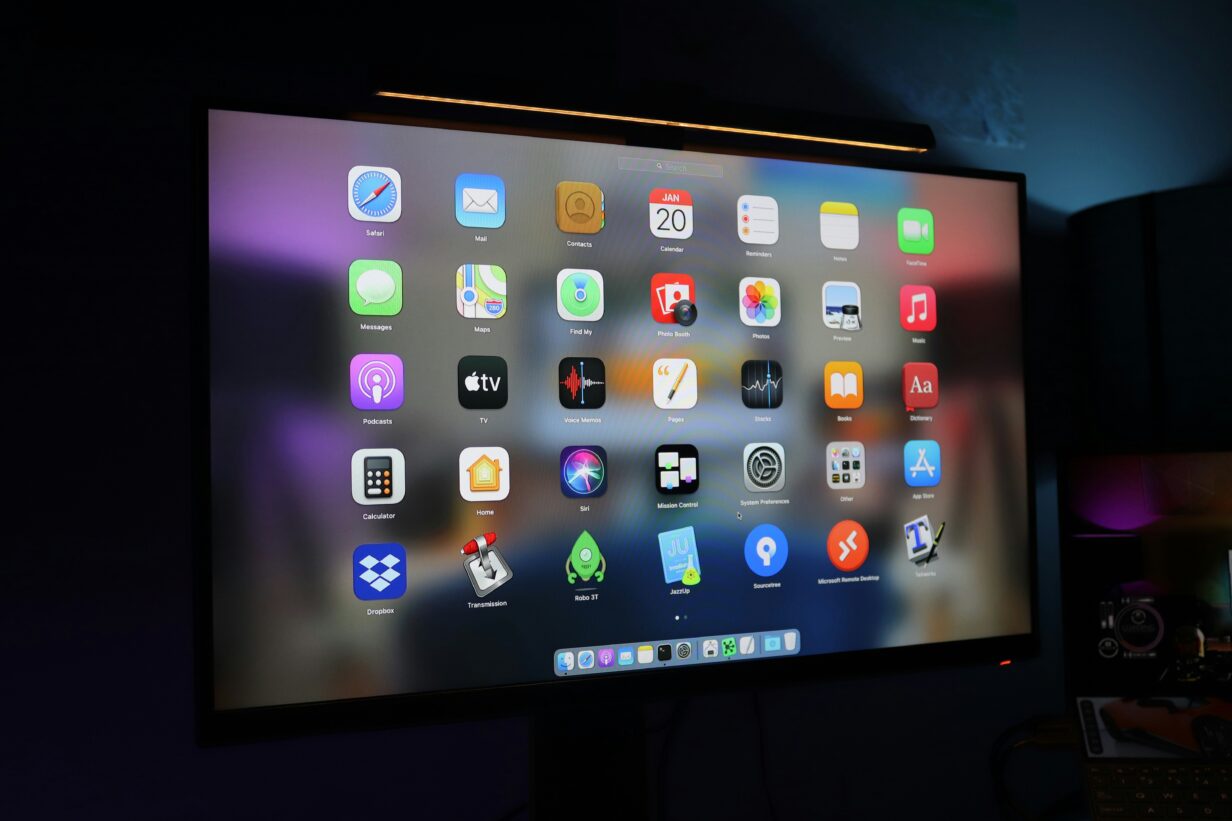
Why Rarely Used Apps On Your Phone Should Be Deleted
Removing apps from your phone that you don’t need can have several cybersecurity benefits, according to best practices in the field:
- Reduced Attack Surface: Every app on your phone is a potential vector for cyber attacks. These attacks can exploit vulnerabilities in the software to gain unauthorized access to your device and data. By having fewer apps, you effectively reduce the number of potential weak points that attackers can target. This is especially important for apps that are not frequently used or updated, as they may contain unpatched security flaws.
- Less Data Exposure: Apps often require various permissions to access data on your phone, such as your contacts, location, or even personal files. Many apps also collect and store user data. The more apps you have, the more your data is scattered and potentially exposed. By removing unnecessary apps, you minimize the amount of data that can be collected and potentially compromised in the event of a data breach.
- Improved Privacy: Alongside security concerns, privacy is a major consideration. Apps with permissions to access your camera, microphone, or location can intrude on your privacy. Unused apps might still run background processes that access these features without your active engagement. By removing these apps, you better protect your privacy by limiting the number of applications that could potentially eavesdrop or track you.
- Better Performance and Security Updates: Fewer apps can lead to better overall phone performance, including faster load times and longer battery life. Moreover, with fewer apps to manage, it becomes easier to keep track of updates. Regular updates are crucial for security, as they often contain patches for recently discovered vulnerabilities. A smaller set of apps means you can more effectively manage these updates, ensuring all your apps are current and as secure as possible.
- Avoidance of Outdated Software: Some apps, especially those infrequently used, may not be updated regularly by their developers. Outdated apps are more vulnerable to cyber attacks as they may not be protected against newer threats. Regularly auditing your apps and removing those that are outdated or no longer supported by developers can significantly enhance your device’s security.
- Lower Risk of Phishing and Scams: Certain apps, particularly those downloaded from sources other than official app stores, might pose a higher risk of containing phishing attempts or scams. These could range from attempts to steal personal information to more sophisticated financial scams. By removing unused or non-essential apps, especially those from unknown or untrusted developers, you can reduce your exposure to such risks.
In conclusion, a minimalistic approach to the apps you install and retain on your phone not only enhances your device’s cybersecurity but also contributes to better privacy, performance, and overall user experience. Regularly reviewing and auditing your apps to assess their necessity and trustworthiness is a key part of maintaining your device’s health and security.

No Comments